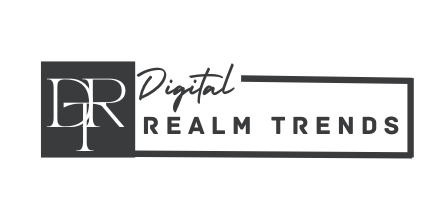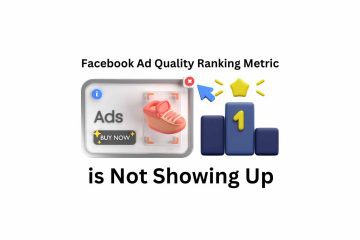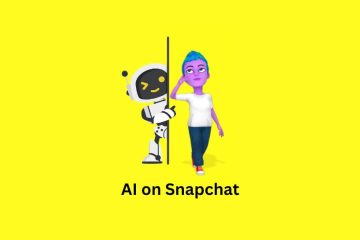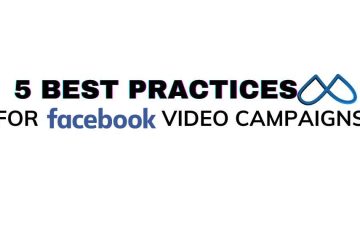The digital marketing landscape is evolving rapidly, and leveraging ChatGPT in Digital Marketing can provide an edge over the competition. By leveraging ChatGPT, businesses are able to quickly generate personalized content by leveraging natural language processing (NLP). This technology allows for faster customer engagement and more tailored marketing campaigns that target specific customer interests. Additionally, leveraging ChatGPT can automate mundane tasks such as customer service responses and campaigns, freeing up time for more strategic marketing initiatives.
However, leveraging ChatGPT in Digital Marketing also comes with a few challenges. It is important to understand the capabilities of the technology before leveraging it and make sure that it is scalable enough to meet current needs and future growth. Additionally, leveraging ChatGPT requires an understanding of the target audience and their preferences – this can be tricky to determine as customer trends rapidly evolve.
Ultimately, leveraging ChatGPT in Digital Marketing can provide businesses with a competitive edge. However, it is important to consider the challenges and considerations before leveraging it, such as scalability, customer preferences, and audience targeting. By understanding the capabilities of ChatGPT and leveraging it strategically, businesses can successfully stay ahead in the digital marketing game.
This blog has explored how leveraging ChatGPT in Digital Marketing can provide a competitive edge for businesses. Businesses should consider leveraging ChatGPT to quickly generate personalized content, automate mundane tasks, and target specific customer interests. However, leveraging ChatGPT also comes with challenges such as scalability and audience targeting; thus, it is important to understand its capabilities before leveraging it. With careful planning and strategy, leveraging ChatGPT can help businesses stay ahead in the digital marketing game.
Overview of the current digital marketing landscape

In the current digital marketing landscape, some of the key trends include an increased focus on data-driven marketing, the growth of social media and influencer marketing, the rise of voice search, and the growing importance of mobile optimization. According to recent studies, digital marketing spending is expected to reach $375 billion in the US alone by 2021.
AI is playing an increasingly important role in digital marketing, with advancements in machine learning and natural language processing leading to more sophisticated and effective marketing tools. ChatGPT is one such tool, offering businesses the ability to automate routine tasks, generate personalized content, improve customer engagement, and gain insights into customer behavior and preferences.
By keeping up with the latest trends and incorporating AI into their digital marketing strategies, businesses can stay ahead of the competition and better engage with their target audiences.
How ChatGPT can be leveraged in digital marketing
Automation of routine tasks: ChatGPT can automate routine tasks such as answering frequently asked questions, responding to customer inquiries, and generating reports. This saves time and frees up resources for other important tasks.
Generation of personalized content: ChatGPT can generate personalized content, such as personalized email and social media messages, based on data about individual customers. This helps to build stronger relationships and improve engagement with customers.
Improved customer service and engagement: By incorporating ChatGPT into customer service channels, businesses can provide quick and accurate responses to customer inquiries, helping to improve the overall customer experience. ChatGPT can also be used to create interactive chatbots that engage with customers and provide a more human-like experience.
Advanced data analysis and insights: ChatGPT can collect and analyze data on customer behavior and preferences, providing valuable insights into what drives customer engagement and what types of content resonate with target audiences. This can help businesses make data-driven decisions and optimize their digital marketing strategies.
Real-world examples of ChatGPT in digital marketing
Chatbots in e-commerce: Chatbots powered by ChatGPT can be integrated into e-commerce websites to assist customers with tasks such as product recommendations, checkout, and customer support. This helps to improve the customer experience and drive sales.
Virtual events and webinars: ChatGPT can be used to generate content for virtual events and webinars, such as Q&A sessions, live polls, and interactive chats. This helps to keep audiences engaged and provides valuable insights into their interests and opinions.
Social media management and customer service: ChatGPT can be used to automate social media management tasks such as responding to comments and messages, generating posts, and analyzing social media metrics. It can also be used to provide quick and accurate responses to customer inquiries on social media channels, improving the overall customer experience.
Challenges and considerations when using ChatGPT in digital marketing

Integration with existing systems: Integrating ChatGPT into existing systems can be a complex process that requires careful planning and technical expertise. Businesses should consider the resources and support needed to effectively integrate ChatGPT into their digital marketing strategies.
Ensuring data privacy and security: When using ChatGPT, businesses must ensure that customer data is protected and that privacy and security protocols are in place. This includes the storage, processing, and sharing of customer data, as well as the use of encryption and other security measures to prevent unauthorized access.
Maintaining brand voice and tone: When using ChatGPT to generate content, businesses must ensure that the content aligns with their brand voice and tone. This includes using consistent messaging, tone, and style across all marketing channels, as well as ensuring that the content generated by ChatGPT is in line with brand guidelines.
Overall, businesses should carefully consider the challenges and considerations associated with using ChatGPT in digital marketing and plan accordingly to ensure a successful implementation and maximize the benefits of this technology.
Conclusion
In conclusion, ChatGPT has emerged as a powerful tool in the digital marketing landscape, offering businesses the ability to automate routine tasks, generate personalized content, improve customer engagement, and gain valuable insights into customer behavior and preferences. By leveraging the capabilities of ChatGPT, businesses can stay ahead of the competition and better engage with their target audiences. However, it is important to carefully consider the challenges and considerations associated with using ChatGPT, including integration with existing systems, ensuring data privacy and security, and maintaining brand voice and tone. With careful planning and strategy, businesses can successfully leverage ChatGPT in their digital marketing efforts and stay ahead in the digital marketing game.

Hello, I’m Ali Raza, the brain behind Digital Realm Trends.
Hailing from the vibrant world of digital marketing, I’ve honed my skills over years. Based on my experience, I’m here to unravel the complexities of digital marketing, analytics and paid marketing, crafted for individuals like you. Join me in uncovering the power of digital marketing tools and strategies, fueled by experimentation and insights.




